About
With over 30 years of voice teaching experience, I have the knowledge and expertise to help students resolve long-standing technical problems. I am comfortable working with beginners to advanced singers and have had many success stories over the years. My students become masterful singers with a thorough understanding of how their voice works, and how to create meaningful and heartfelt performances. I teach in-person lessons in my home studio in Mendon, MA, and I regularly teach remote lessons online via Zoom or FaceTime. I also teach at Groton Hill Music in Groton, MA three days a week, where I am Chair of the Voice Department and serve on the Faculty Council. I am also a choir director, musical director, stage director, and a composer. For more information, please visit my website at www.susanbonito.com.
I enjoy teaching the whole person. I especially enjoy seeing the lessons learned through singing (confidence, poise, a focused mind, and excellent work ethic) spill over into other areas of one's life. The process of self-discovery and growth is very exciting to me, as there is a deep sharing of one's self in both teaching and learning. That heart to heart connection is sacred to me.
Highlights
Specialties
Musical styles
Years experience
Able to read music
Lesson length
Student's age
Photos and videos
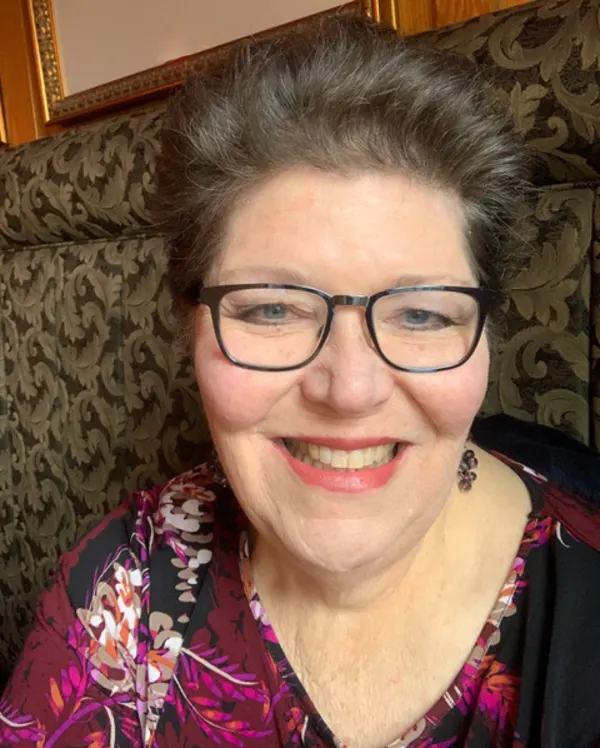
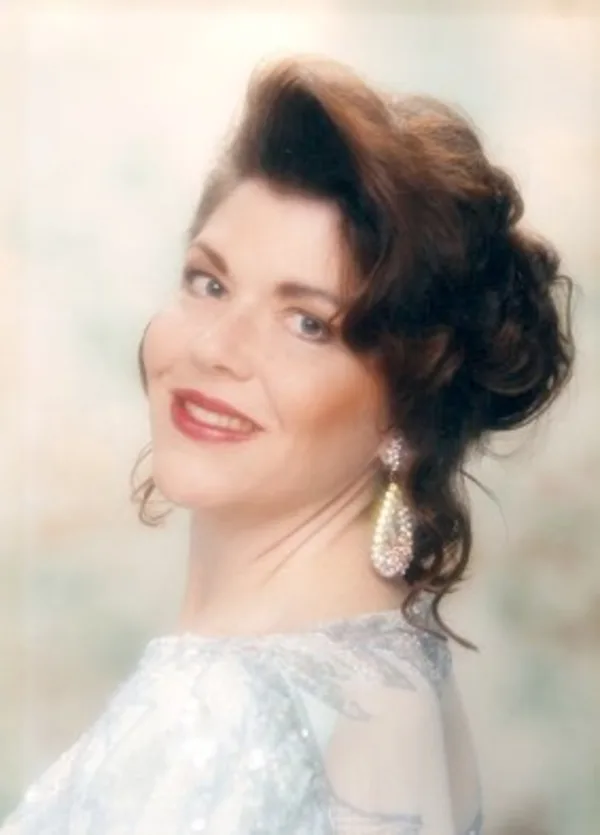
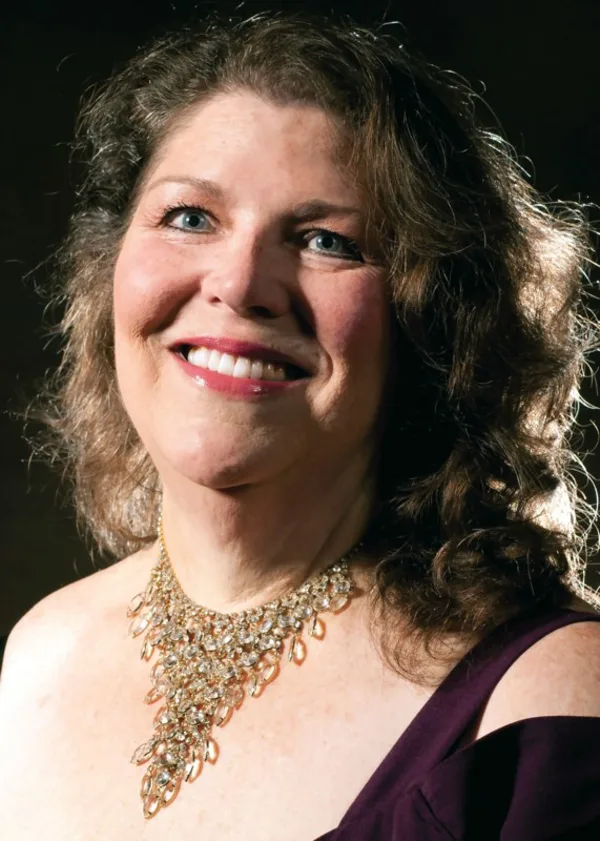
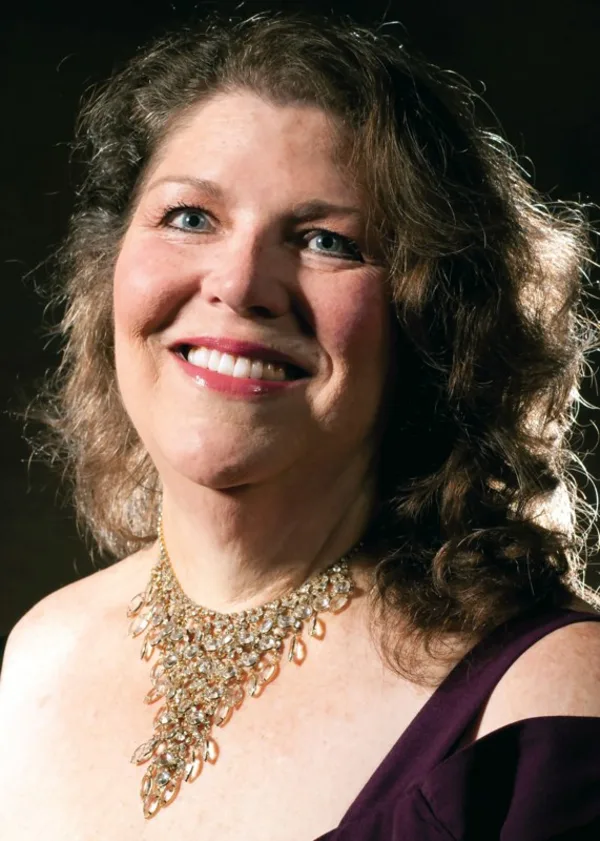
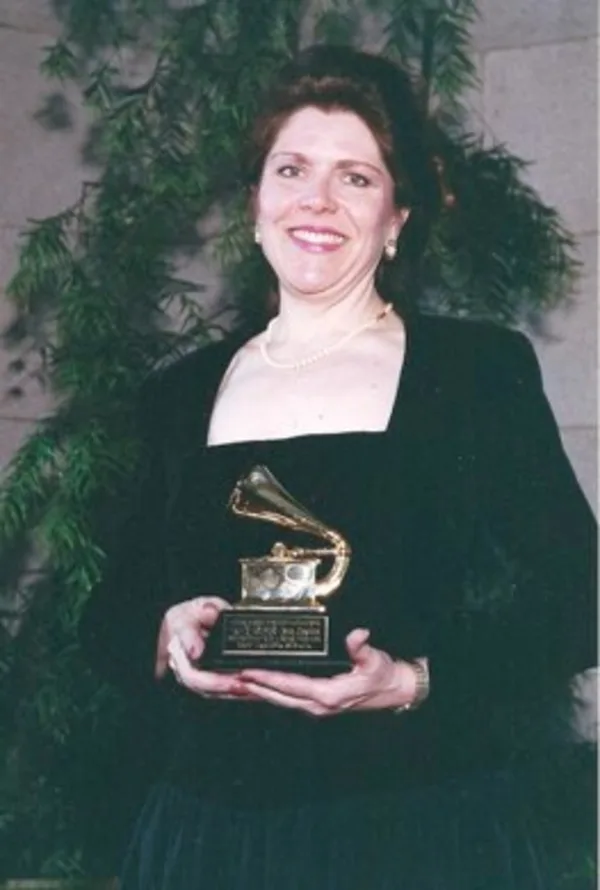

Reviews
Bonnie C.
Yasmine T.
Beth N.
Alexandra K.
Kyra G.
Cheryl D.
Frequently asked questions
What is your typical process for working with a new student?
The first lesson usually includes taking a history of musical training and experiences, if any; a discussion of goals, musical preferences, interests, and singing some easy scales and patterns over the student's full vocal range.
Once I assess the student's needs and goals, we work on vocal techniques and strategies for improvement. I teach students how and what to practice and expect them to practice regularly and often. The first phase of lessons are focused on technique with vocal exercises, and songs the student likes.
As the technique improves, I transition slowly to more repertoire-based learning with more emphasis on performance and interpretative skills.
What education and/or training do you have that relates to your work?
I have a B.A. in Music with an emphasis in Vocal Performance. I have post-graduate studies in Contemporary Commercial Music (Somatic VoiceWorks, The Lovetri Method, Levels I and II, and The Estill Voice Training Method, Levels I and II.
Do you have a standard pricing system for your lessons? If so, please share the details here.
My lessons are based on $60 per hour, pro-rated for 30, 45 and 60-minute lessons.
How did you get started teaching?
I was a leading soprano with the San Francisco Symphony Chorus for over 10 years. I started by teaching other adult choristers from that group, as well as choristers from the San Francisco Opera Chorus and church choirs that I was associated with.
When I relocated to Massachusetts, I trained in Kindermusik, and began teaching children, youths and teens, as well as adults.
What types of students have you worked with?
I have worked successfully with all ages of students, from children to Seniors and all levels, from beginner to professional. I have taught music in many styles, including opera, classical art song, folksongs, singer-songwriter, gospel, pop, rock, jazz, cabaret and musical theater.
Describe a recent event you are fond of.
I have led music in Worship for 20 years, and have produced and directed over 25 musicals and operas. I have hosted countless student recitals and soirées and still perform in Concerts and Recitals. Last spring, I sang the soprano solos in the Beethoven 9th Symphony with the Claflin Hill Symphony Orchestra and the New World Chorale.
What advice would you give a student looking to hire a teacher in your area of expertise?
A teacher who is positive and encouraging, with whom you feel confortable is essential. The teacher must also have a well trained ear, a thorough grasp of teaching strategies, a working knowledge of healthy vocal technique, and excellent musicianship. They must also have enough experience to be able to properly troubleshoot vocal problems and be able to help the student resolve those issues.
What questions should students think through before talking to teachers about their needs?
Am I willing to do the daily practice and work required to make the desired changes in my singing?
What is it about singing that excites you? Is that something that is very important to you?
Are you willing to engage in the process for several years, or do you see this as a short-term activity, just to try it out?
What do you want to be able to do with your voice, that you can't do now?
How does singing fit into your life now, and in the future?